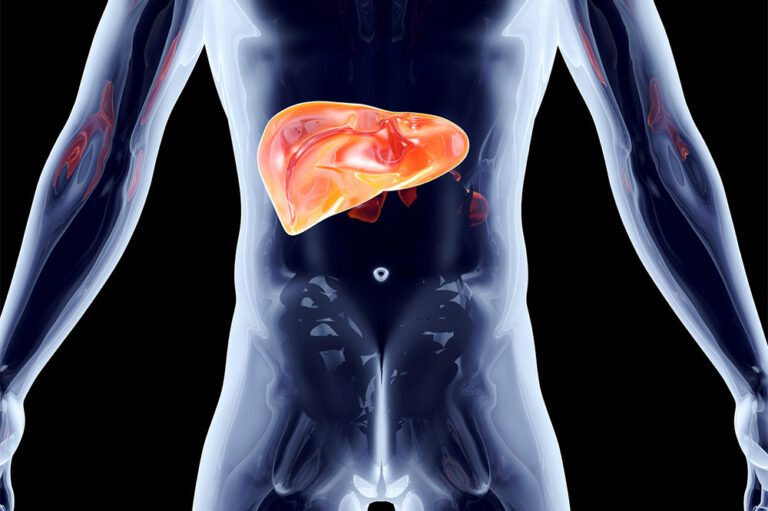
9 common signs of kidney cancer
Kidney cancer, also known as renal cell carcinoma (RCC), is a disease that primarily affects the kidneys—the organs responsible for filtering waste and excess fluids from the blood. Here, the cells in the kidneys begin growing abnormally fast, affecting organ function. Recognizing the signs of kidney cancer early is crucial for early treatment and better management of the condition. So, here are a few signs that can indicate the development of kidney cancer:
Blood in urine
One of the noticeable signs of kidney cancer is blood in the urine, which is also known as hematuria. The blood can be observed through changes in the color of urine, specifically pink, red, or dark brown urine. While hematuria can result from various non-cancerous conditions, like urinary tract infections or kidney stones, it is important to consult a doctor if the symptom persists or develops without an apparent cause.
Lower back pain
Persistent, unexplained lower back pain on one side of the body is also a sign of kidney cancer. The dull ache develops gradually and can move to the abdomen or groin. Further, as kidney tumors grow, they can put pressure on surrounding tissues and cause discomfort.
Abdominal mass or swelling
Kidney cancer may sometimes result in a visible lump or mass in the abdomen. As the cancer grows, this mass can be felt during a physical examination. Abdominal swelling or distension can also develop here.
Fatigue and weakness
Kidney cancer can lead to a general feeling of fatigue and weakness. This is often a result of the body expending energy to fight cancer and cope with its effects. Fatigue may not improve with rest and can interfere with daily activities.
Loss of appetite
A diminished appetite or a persistent lack of interest in eating can be an early sign of kidney cancer. Here, cancer-related changes in the body can affect metabolism and appetite regulation, leading to a reduced desire to eat.
Changes in blood pressure and RBC count
Kidney cancer can sometimes cause high blood pressure (hypertension) due to the tumor’s effect on blood vessel function. Hypertension is often asymptomatic, but routine blood pressure checks can help bring this condition to light. Alternatively, cancer can also increase the risk of anemia—a condition characterized by a low red blood cell count. Anemia can lead to symptoms like fatigue, weakness, and pale skin.
Night sweats and fever
Some individuals with kidney cancer may experience night sweats and intermittent fever. These symptoms can be attributed to the body’s response to cancer and its effects on the immune system.
Changes in urinary habits
As kidneys filter toxins from the blood to eliminate them via urination, cancer developing in these organs can affect urinary patterns in several ways. For instance, some may observe an increase in the frequency of urination, while others may experience pain during urination. Additionally, kidney cancer can lead to urinary tract infections (UTIs) that do not respond to typical treatment.
Swelling in the legs and ankles
Advanced kidney cancer can cause edema, which is the accumulation of fluid that results in swelling in the legs and ankles. Edema develops when the kidneys are unable to regulate fluid balance.












